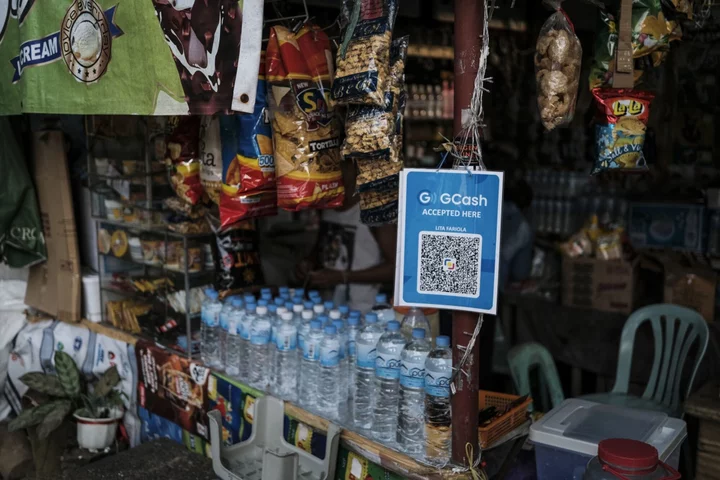GCash, the e-wallet service of Globe Telecom Inc., on Tuesday said some users experienced deductions from their accounts and had problems accessing their service for hours, triggering concerns as the Philippines seeks to boost digital payments.
The mobile payment app said its customers didn’t lose their funds after adjusting the accounts of all affected users shortly after its service went back up. It also said its investigation showed no hacking occurred.
GCash stopped attempts by suspected hackers to siphon off a total 37 million pesos ($664,000) from its clients after it detected “a pattern of relatively small withdrawals” that were credited to two accounts at two banks, the Philippine Daily Inquirer reported, citing an unnamed executive at Globe.
GCash didn’t immediately respond to a request for comment on the Inquirer report. But spokesperson Gilda Maquilan said in a statement that the company’s “proactive cybersecurity policies are in place to protect our customers.”
The latest incident along with similar previous ones involving banks raises questions on how these might impact the Southeast Asian nation’s move toward digital payments.
“Gcash” was the top Twitter trending topic in the Philippines with over 50,000 tweets, including complaints over unathorized transactions. A network of digital advocates called Digital Pinoys issued a statement urging the government to “act swiftly” as some GCash users found their digital wallets emptied.
The popularity of the mobile payment app surged during the pandemic as most consumers opted for cashless transactions from online shopping and bill payments to transport fares. GCash, which also offers financial products such as savings accounts, investments and insurance, has over 76 million registered users across the country as of the fourth quarter of 2022, Globe said earlier this year.
The central bank wants half of total retail transactions done electronically, as part of efforts to cut transaction costs and remove barriers to owning financial accounts.
Increased digital use, however, leaves the system open to the risks of hacking and other online fraud. Money lost to cybercriminals have continued to rise, with losses due to these illicit activities estimated to have hit 1 billion pesos during the height of the Covid-19 pandemic.
The country’s biggest bankers’ group is seeking new laws against cybercrime and has boosted cooperation with the government against illegal activities online.
--With assistance from Cecilia Yap.
(Adds details throughout.)

